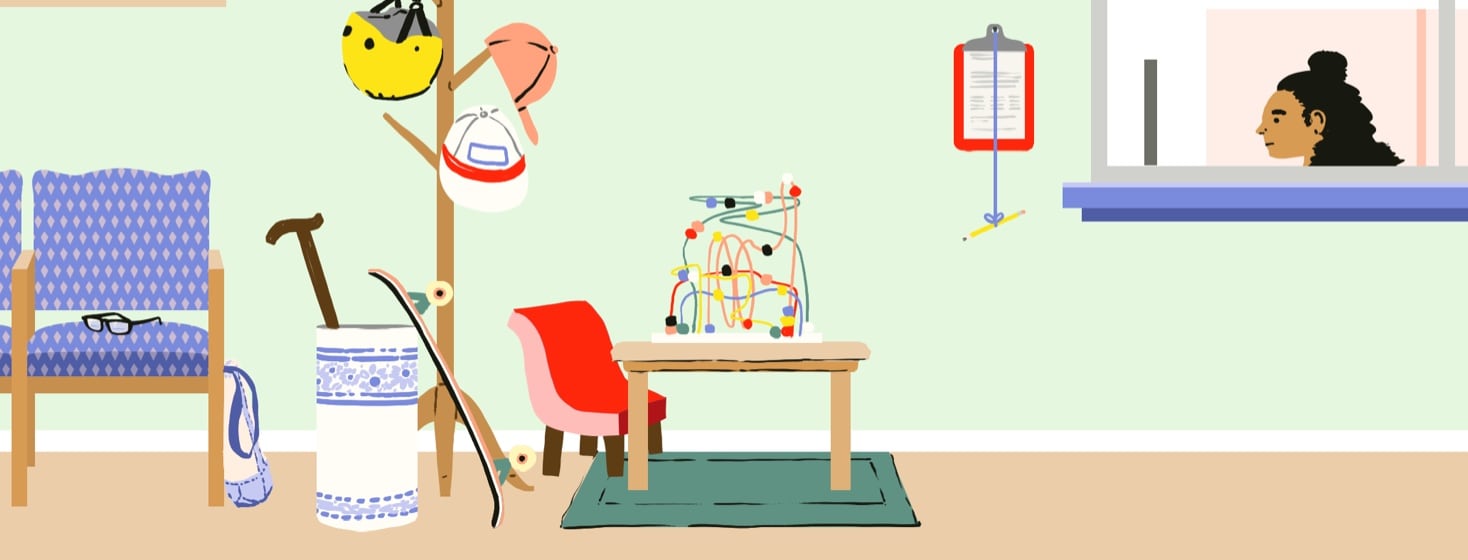Tips for Juvenile Idiopathic Rheumatoid Arthritis
Since I was diagnosed at age two more than 40 years ago, the condition has changed names (from juvenile rheumatoid arthritis to juvenile idiopathic arthritis), the treatments have greatly improved, but I’m not sure the sharing of lessons learned has increased.
A hope for fewer and milder JIA cases
Fortunately, it is rare for children to be diagnosed with JIA. It was rare when I was a child and continues to be rare now. I believe (and hope) that it is also rare to have the level of severity I have experienced in my life (the various doctors, over the years, say that is the case). It’s a bad disease already, so I hope any child diagnosed experiences a milder form than I did.
Thankfully, reducing pain and limitations from JIA is more possible than ever before with the biologic medications. Hopefully, no child with JIA will have the joint replacements as a teenager and begin needing a wheelchair at such a young age (although I do love the mobility that my wheelchair grants me!).
JIA lessons I'd like to share
Still, JIA can be a hard row to hoe. It will likely be a lifelong fight. But despite the condition, I urge families and these children to live well and enjoy themselves despite the health struggles. These are the lessons learned and experiences that I want to share with those recently diagnosed with JIA.
- It may be hard, but it is not impossible to have a good life. Hold on to that and fight for it! My life may look different, but it’s precious to me with dear family, friends, a spouse, a home, and a cat. I love to read, write, travel, and watch shows and movies. I’m eager in collecting joyful experiences and doing work that matters to me. Although I have JIA challenges, chronic pain, and physical disabilities requiring using a wheelchair, I have a very good and happy life.
- Go with the aggressive treatments early to prevent as much permanent damage in the future. When I was a child with JIA, the treatments were limited and ineffective. If I had biologics, JAK inhibitors, or even methotrexate to take, I don’t think I’d have the joint damage and pain that I live with now. Use the treatment tools available to you now, and try the new ones that come along if your doctor recommends them.
- Build a quality support team for life. This not only includes doctors, nurses, and other healthcare professionals (like physical therapists, occupational therapists, and massage therapists) but also family members and friends you can call on in times of need. There were times my family needed extra help while I was having surgery or laid up in recovery, having physical and emotional support that you can count on is huge. Keep building your support system all your life.
- Talk with everyone about the long term. Set life goals and make them known. For example, everyone knew I wanted to go to college. In my high school years, all our plans were about making this happen, doing joint replacements and recovering to improve my physical health, and so forth. Make it known that you have plans and get everyone on board with helping you to achieve them. Also, ask questions about if I do X now, how will it impact me in the future? I wish that I had asked more aggressively, "If you ruin my veins now with blood tests, what will I do when I’m 43 and my veins are gone?' Treatment is not only about now but about lasting you a lifetime in the only body you will ever have.
- Pursue a fulfilling life. Don’t put life on hold; live it now as best you can! Some times will be harder when you are having lots of symptoms or challenging treatments, but you will be happy to have a good life to carry you through the difficulties. Go to school, start a career, volunteer, care for family, travel, or do any of a combination of things that will give you a feeling of a satisfying life well lived.
I hope my JIA experience helps others
I truly hope that some of my lived lessons learned help people diagnosed with JIA and their families. It may truly happen that JIA will no longer be a debilitating disease with the newer treatments available. I can even dream that it may no longer exist at some point. But in the meantime, put these experiences to work in the way that works best for you.

Join the conversation